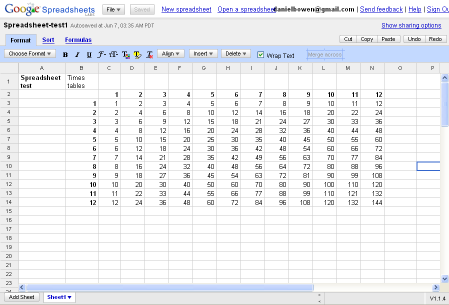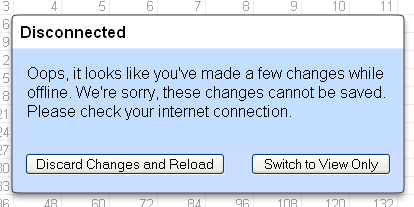 How is it that otherwise competent people still don’t know how to use style sheets in Word? How long’s Word had styles? Well over a decade.
How is it that otherwise competent people still don’t know how to use style sheets in Word? How long’s Word had styles? Well over a decade.
You load up some document to do some work on it, and some idiot has created a zillion different styles, by virtue of editing the entire document manually (and therefore inconsistently) and Word happily making every little variation a separate style.
Half the headings have numbering, half don’t, the default paragraph type after a heading has a bullet, the bullets are mis-aligned, some bright spark has decided a standard text paragraph isn’t “Normal” but has its own special name, and the whole thing’s a mess.
I remember a few years ago I painstakingly set up a document with about 15 styles, to cover any eventuality expected, then wrote tons of text for it, and passed it to someone else for review. It came back with all the styles removed. All the text was just formatted independently, and had been changed around to be inconsistent. To this day I don’t know how he did that. Grrr.
And even last week a document came my way that had a ludicrous number of styles in it. Possibly 200 or more. You had to scroll through the list for ages to find what you wanted.
Oh, some people can’t use the Language features, either. I know it’s common for Aussies to accidentally set their documents to US English and then wonder why it complains about “colour”, but the other day someone sent me a document which had half its text set to French (even though it was in English).

 How is it that otherwise competent people still don’t know how to use style sheets in Word? How long’s Word had styles? Well over a decade.
How is it that otherwise competent people still don’t know how to use style sheets in Word? How long’s Word had styles? Well over a decade.

